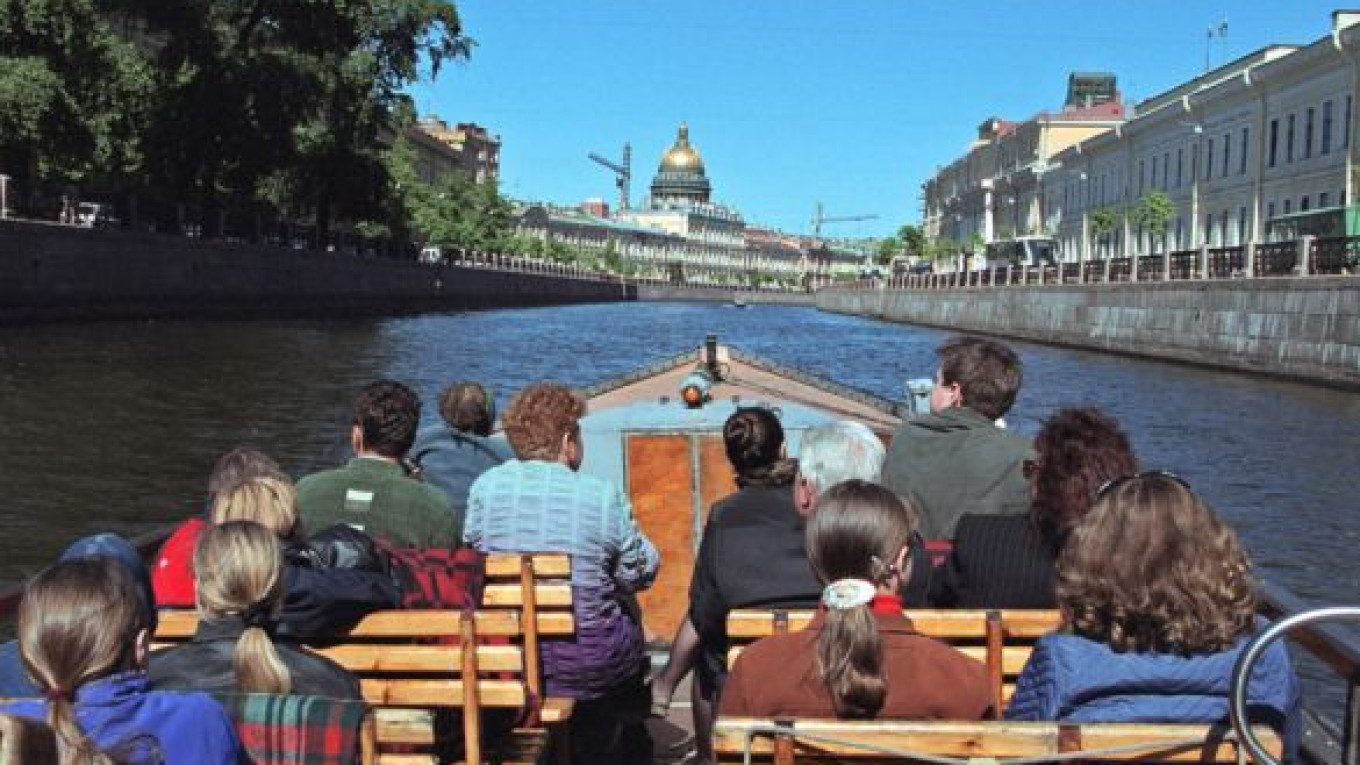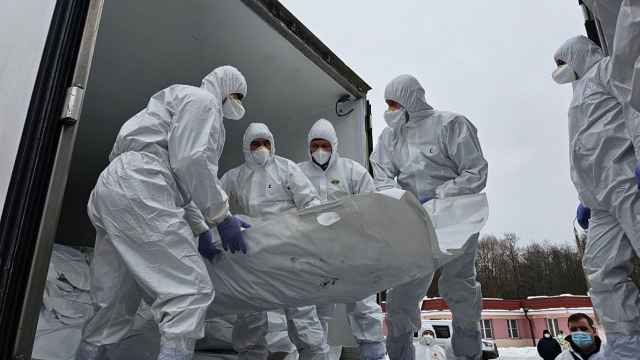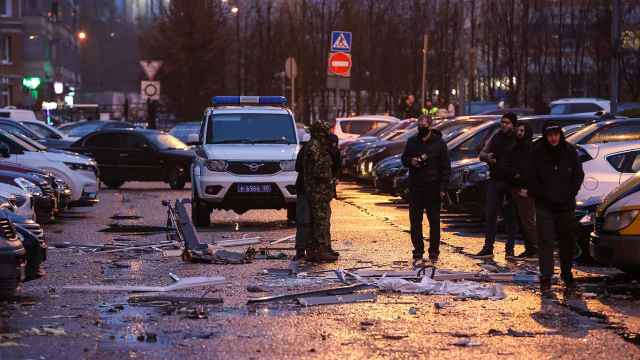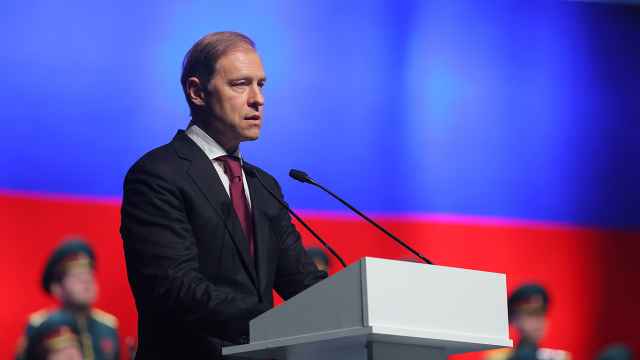A decision on reforming the International Monetary Fund's distribution of voting quotas among member states is likely to be made next year, as it's one of the key issues on the agenda of the G20 summit to be hosted by Russia, Finance Minister Anton Siluanov said Monday.
The participants in the summit, which is often referred to as an informal forum of the world's 20 leading economies, were expected to agree this year on changing the formula for allocating quotas.
But this deadline will have to be postponed, "as different groups of countries have different reactions to proposals to change the formula and the size of quotas, so we see that we'll have to resolve this issue during our presidency," Siluanov said at a news conference on the G20 agenda. "We hope that it will be resolved."
Russia, whose presidency of the summit officially started Saturday, is pushing for the quota allocation formula to be based on a country's' gross domestic product. Siluanov said that the existing formula is too complicated and that some of the parameters it is based on could be eliminated from the calculations.
He said the proposal found support among other BRIC nations and the United States but faces resistance from some European countries, which might see their voting quotas reduced significantly as a result of small GDP.
"Allocating quotas doesn't respond to the current realities," Siluanov said. "The developing countries have moved forward significantly. They are not what they used to be five or 10 years ago. So the desire of such countries to have a greater influence … on decision-making in the world financial system is natural."
Other issues Russia plans to push are access to financial sources to stimulate investment activity and ways to modernize state borrowing systems and managing sovereign debt. Leaders of the participating countries are slated to meet in St. Petersburg in September.
Siluanov said organizing the summit events would cost 5 billion rubles ($156 million), which is already allocated in next year's federal budget.
"These are normal expenditures to organize the meetings," he said.
The price tag is much smaller than it was for preparations for the Asia-Pacific Economic Cooperation summit, which Russia hosted earlier this year in Vladivostok.
Construction of the infrastructure ahead of the high-profile event required nearly 700 billion rubles, of which 218.5 billion rubles was spent from the federal budget, according to Russia's APEC website.
Kremlin chief of administration Sergei Ivanov said on Rossia 1 television Saturday that foreign guests attending the G20 meeting in St. Petersburg would use the city's canals for transportation to and from events in order to not increase road traffic.
Related articles:
A Message from The Moscow Times:
Dear readers,
We are facing unprecedented challenges. Russia's Prosecutor General's Office has designated The Moscow Times as an "undesirable" organization, criminalizing our work and putting our staff at risk of prosecution. This follows our earlier unjust labeling as a "foreign agent."
These actions are direct attempts to silence independent journalism in Russia. The authorities claim our work "discredits the decisions of the Russian leadership." We see things differently: we strive to provide accurate, unbiased reporting on Russia.
We, the journalists of The Moscow Times, refuse to be silenced. But to continue our work, we need your help.
Your support, no matter how small, makes a world of difference. If you can, please support us monthly starting from just $2. It's quick to set up, and every contribution makes a significant impact.
By supporting The Moscow Times, you're defending open, independent journalism in the face of repression. Thank you for standing with us.
Remind me later.






